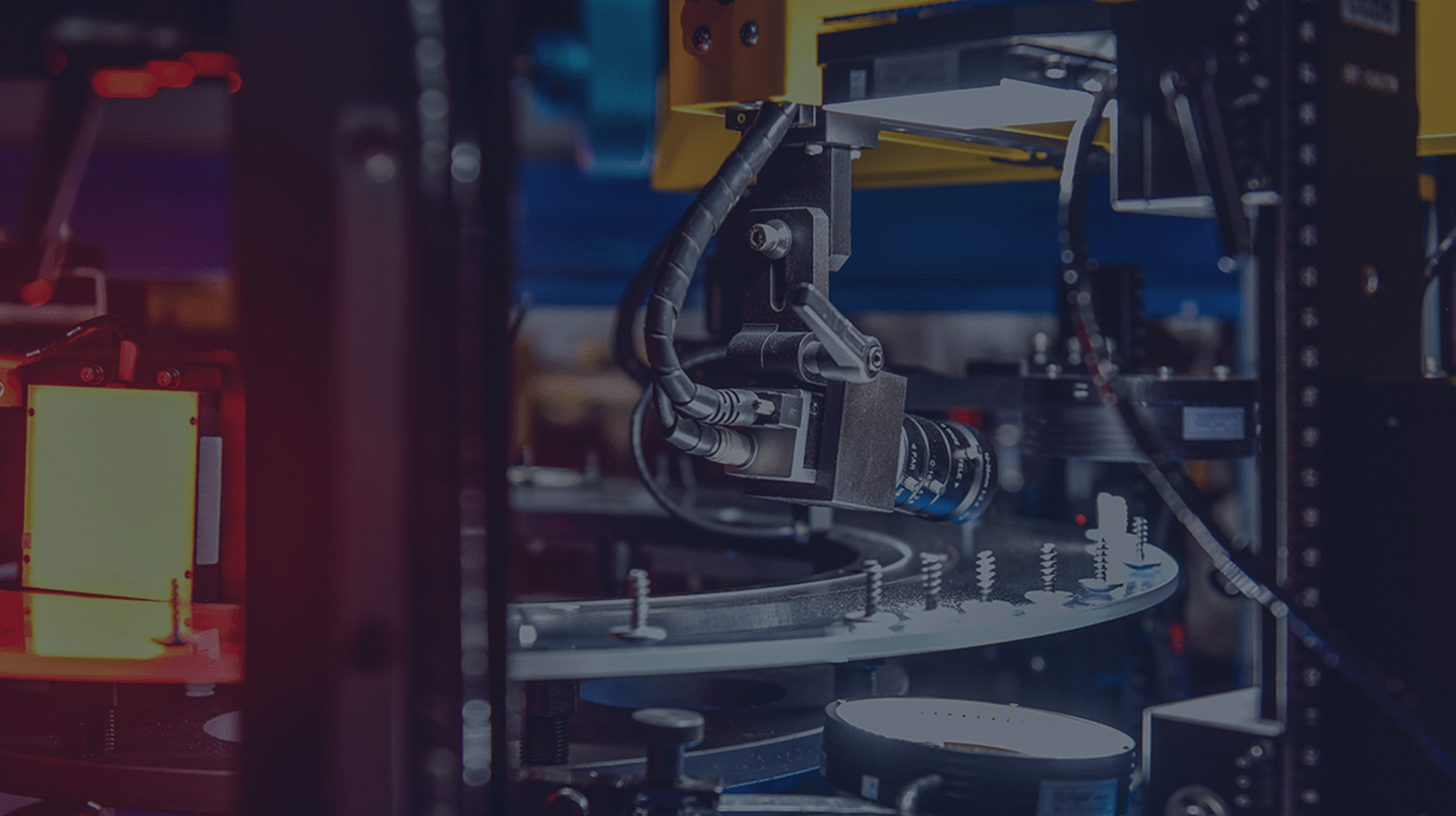Episode 1. The manufacturing industry is undergoing major changes
Gerard Ekhart, Founder of Revitalize Industry Institute
What does the transition from Manufacturing 4.0 to 5.0 entail? With the arrival of data and AI, where will humans continue to be involved? How do you transform a manufacturing or production company and develop new business models? Does the industry still have a right to exist now that fossil fuels are disappearing?
Gerard answers these and other questions.
Episode 2. The consequences of the “AI Act” for the manufacturing and production industry
Frank Ferro, Program Director GenAI at PostNL
Frank Ferro explains that the AI Act will affect every manufacturing company. The impact will depend on whether you use AI for your product or just internal processes. What will be the consequences of non-compliance?
Frank Ferro shares the details of the act.
Episode 3. The impact of a big data project on people, processes, and technology
Ralph Steenmetz, CIO at Unilabs and former Big Data Program Lead at Bridgestone
Bridgestone wants to embed microchips in tires. Based on anonymized data collected from sensors, Bridgestone can measure consumption and track location. Such an ambitious data project has a huge impact on the business model, the organization, the people, and the technology. How do they handle this?
Ralph answers these questions and more.
Episode 4: Integrating IT and OT into the manufacturing industry: Best practices and common pitfalls
Remco Ploeg, CTO at Manufacturing Microsoft Innovations Hub, Microsoft Netherlands
According to Remco Ploeg, IT and OT teams need to work more closely together to run data-driven processes such as predictive maintenance. Microsoft has a lot to offer in this area. There are also several ways to effectively integrate data processes into manufacturing.
Remco shares about the pitfalls of data and AI pilot projects.
